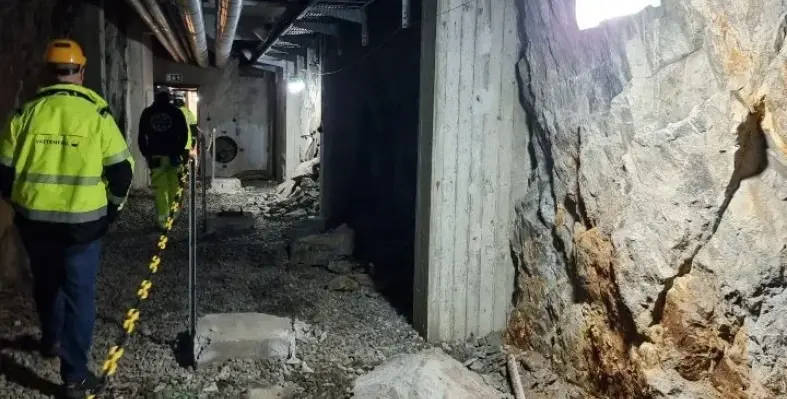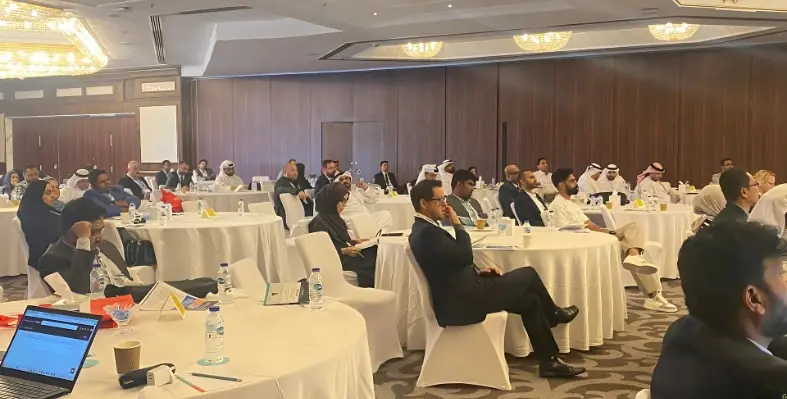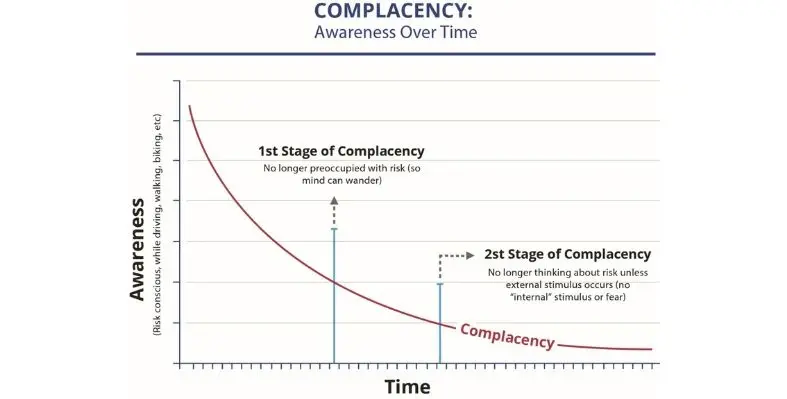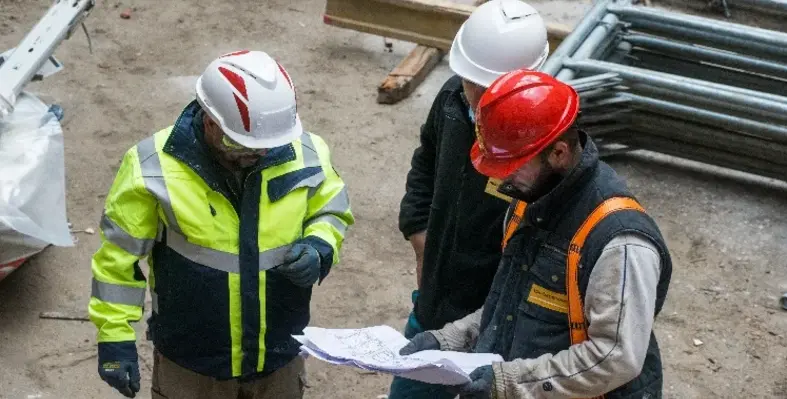Finland is facing the tangible impacts of climate change, with a record-breaking summer heatwave highlighting the urgent need for workplaces to adapt.
During July and August 2025, the country recorded 22 consecutive days with temperatures exceeding 30°C, the longest stretch of extreme heat ever measured in Finland.
A recent report by the Finnish Institute of Occupational Health warns that long heatwaves and other extreme weather events increasingly affect working conditions and employees’ ability to perform their jobs. Heat stress, high humidity, UV exposure, slippery surfaces, and other unusual weather conditions raise the risk of accidents, particularly for outdoor workers, though indoor environments are also affected.
“Workplaces are not yet sufficiently aware of how climate change affects the physical and psychological demands of work and the operational practices of different organisations. Small and medium-sized companies in particular are not sufficiently prepared,” said Arja Ala-Laurinaho, senior specialist at the institute.
Fighting climate change
Employers can mitigate risks by adjusting working hours, increasing breaks, cooling break rooms, and using digital monitoring of conditions.
The report also cautions that the green transition, while essential for sustainability, can introduce new occupational risks. Emerging technologies in hydrogen, biofuels, battery production, and circular economy materials may expose workers to hazards that are not yet fully understood. Focusing solely on emission reductions could lead to safety being overlooked.
“Proactive safety work improves employee protections and also helps make the transition more acceptable at workplaces,” said Anna-Maria Teperi, research professor at the institute.
The report outlines five key recommendations for sustainable work life, including integrating the green transition into strategic goals, reforming legislation and occupational safety practices, allocating resources for research and training, and strengthening sustainability competence at all levels. Teperi suggests that a coordinated national programme could help share guidelines and best practices to ensure a safe and sustainable green transition.






















